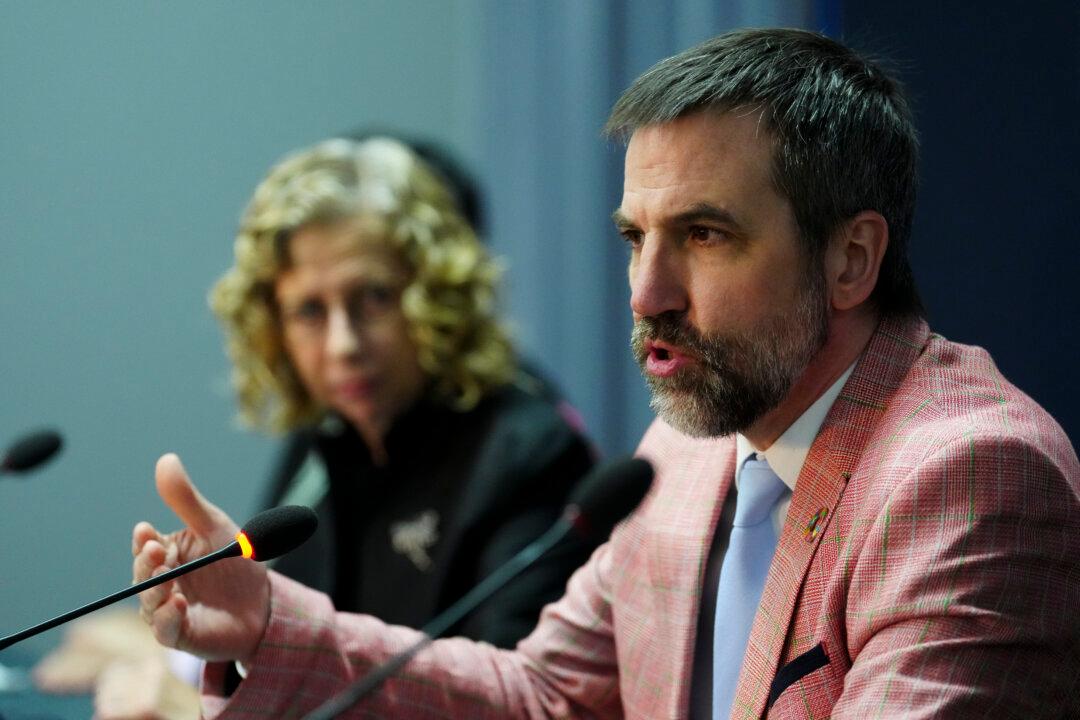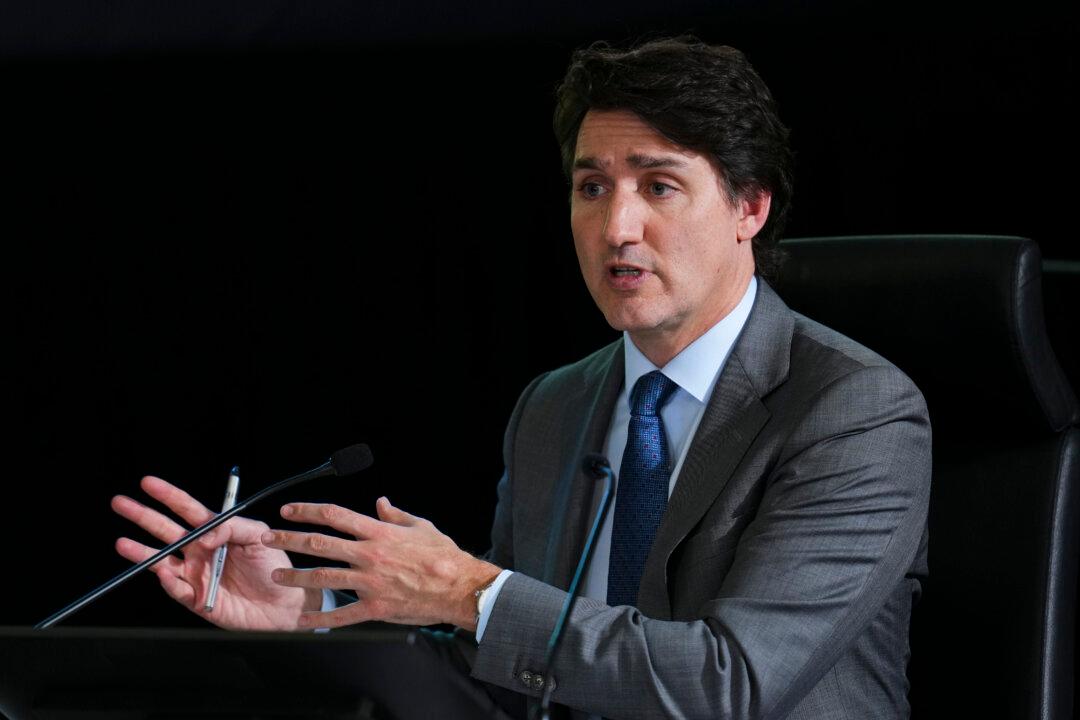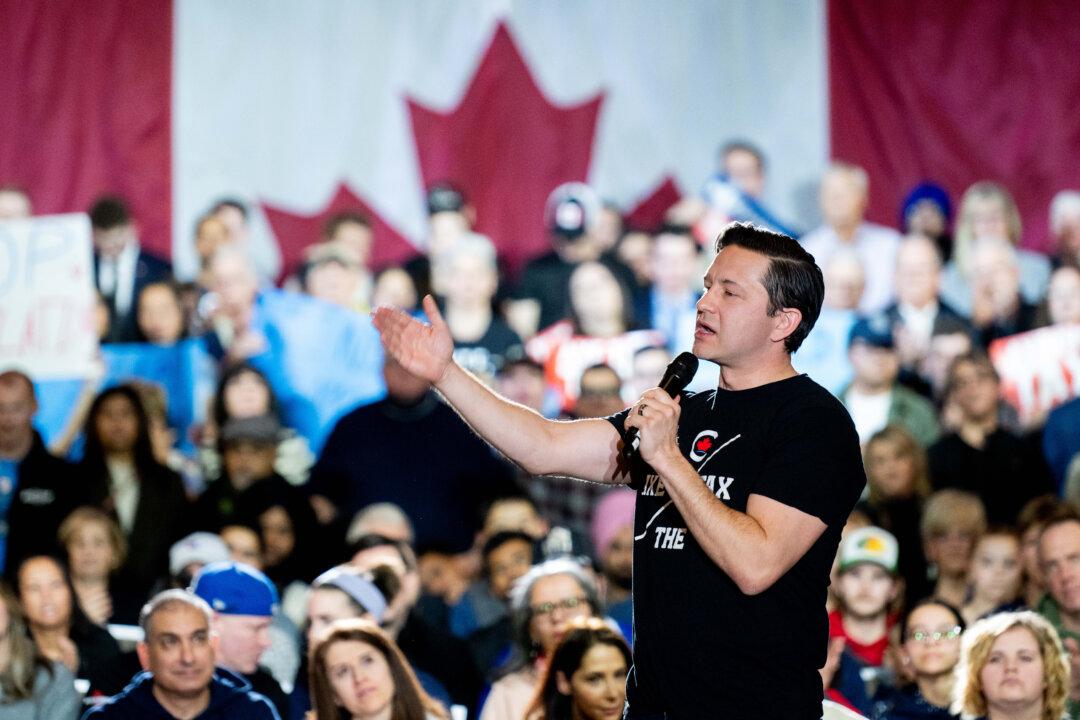As Prime Minister Justin Trudeau prepares for the NATO summit in Vilnius, Lithuania this week, he should speak wisely.
Amid all the strained and fabricated hoopla surrounding Trudeau’s “surprise” visit to Ukraine in June, almost all of the media missed one important moment: Canada becoming “a guarantor” of Ukraine’s safety. And those media that did catch the declaration are surely missing the point. What does this really mean? How does Canada guarantee Ukraine’s safety when it is at war with Russia? Does Canada, and hence all of NATO, need to declare war on Russia in order to fulfill this commitment? Would that not effectively put all of NATO at war with Russia? Yes, it would.
But this guarantor declaration is sheer madness. NATO is already inching closer to war with Russia every day as it continues to arm Ukraine and inevitably seems destined to put military forces on the ground to engage in direct battle.
So while with its left hand Ottawa is pushing Canada and NATO into a corner with Russia, with its right hand it continues to refuse to be a team player with the alliance and spend 2 percent of Canada’s GDP on national defence. Trudeau has even admitted that Canada will probably never reach that magic number.
Canada has not just sent money, it has sent equipment like Leopard tanks and the National Advanced Surface-to-Air Missile System. The Canadian military doesn’t even have this in their arsenal and probably never will. The tanks and armoured vehicles are of course just being sent into a Russian shooting gallery that is obliterating all the military hardware that NATO is supplying and decimating the male population that is being used as cannon fodder.
Canada’s own military isn’t getting the support it needs. Military personnel deployed to Latvia have to buy their own helmets because the supply chain is so inadequate, and those in Poland had to buy their own meals with no promise of compensation in a timely manner.
You might find reason to applaud the Liberals for purchasing the F-35 Joint Strike Fighter for the Royal Canadian Air Force, as I did. But Justin Trudeau plays the defence shell game just as his father did, only agreeing to purchase the necessary military acquisitions when it is necessary to do so just to maintain Canada’s military credibility with our allies—read NATO. Pierre Trudeau waited until the last possible moment to buy the CF-18 Hornet and CP-140 Aurora.
Wisely, the Liberal government is opposing Washington’s decision to give cluster bombs to Ukraine—but what else could it do, given that it has banned these notorious war munitions and has actively campaigned for their eradication around the world?
“Building on the trailblazing work of Lloyd Axworthy on the Ottawa Treaty to ban landmines, Canada championed the adoption of the Convention on Cluster Munitions, which is now ratified by more than 100 countries,” a federal government statement reads. “We do not support the use of cluster munitions and are committed to putting an end to the effects cluster munitions have on civilians – particularly children.”
For the Biden administration to be sending cluster bombs to Ukraine is just more evidence that its befuddled defence policy is either unthinking or designed to provoke a nuclear war with Russia.
Canada’s opposition will certainly not mean the end of NATO but it could be the beginning of the end of a unified front on Ukraine. U.S. President Joe Biden has never had a clear plan on the Ukraine war. He has eschewed peace talks and insisted that America and NATO will be with Ukraine until the end—but what if that end is a nuclear war with Russia?
As the U.S. continues to play brinkmanship with the Russians, there is an increasing unease in Europe, where the nuclear missiles would land first.
The war in Ukraine needs to end, and NATO must stop aiding and abetting it. This war is killing Ukrainians at a frightening rate, and the only people benefiting from the continued conflict is the Military-Industrial Complex that President Dwight Eisenhower had the courage and perspicacity to identify as a primal threat to world peace when he left the White House in 1961. The war is wiping out the population of Ukraine and with it, its ability to remain a nation state.
Ukraine has no business being a member of NATO. It can still remain a sovereign state, perhaps with the loss of some of its eastern territory that is heavily populated by Russians. But it cannot be a nation sitting next to Russia and be part of a military alliance that is now almost exclusively aimed at Russia. To think otherwise is insanity.
The collapse of the Soviet Union was supposed to occur concomitant with the winding down of NATO. That didn’t happen. Russia dissolved the Warsaw Pact and expected the West to do the same. Instead, NATO went in search of a new mission and began signing up virtually every nation in Europe.
The bigger the NATO club becomes, the more likely it is to foment an international conflict that no one wants. Do you want to go to war over Lithuania? Do you want a nuclear war with Russia because Ukraine must join the alliance?
Continuing this war is not a viable foreign policy for Canada or for NATO.





